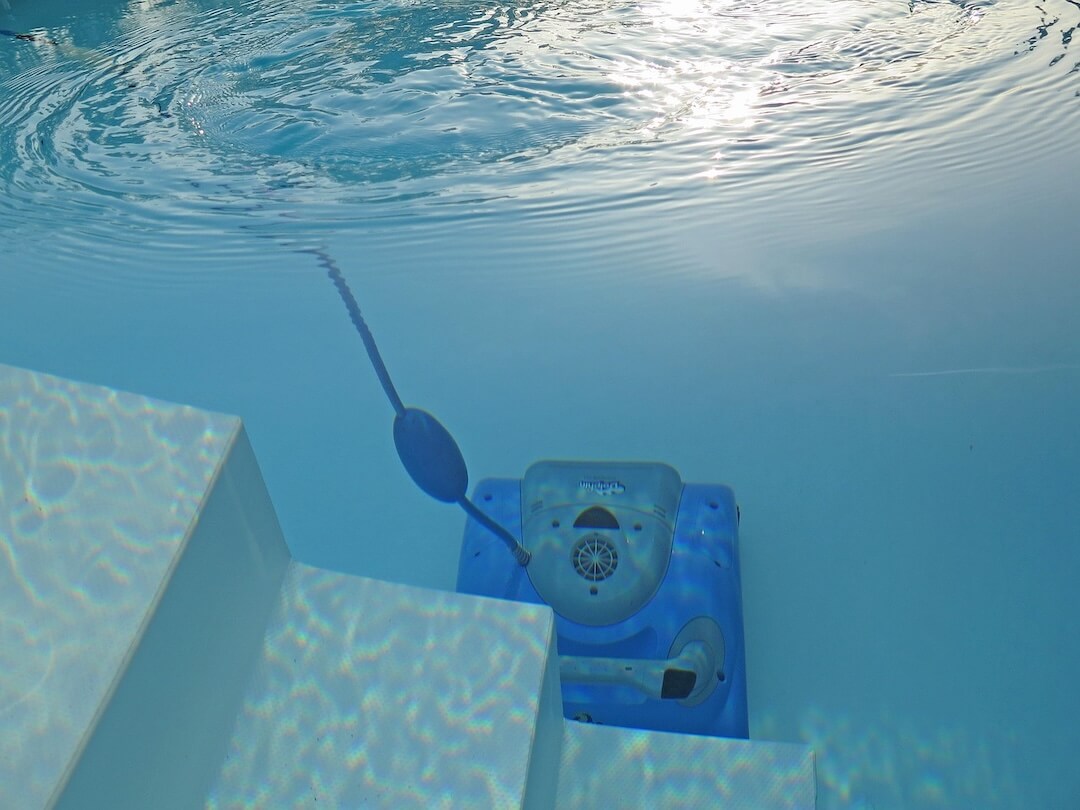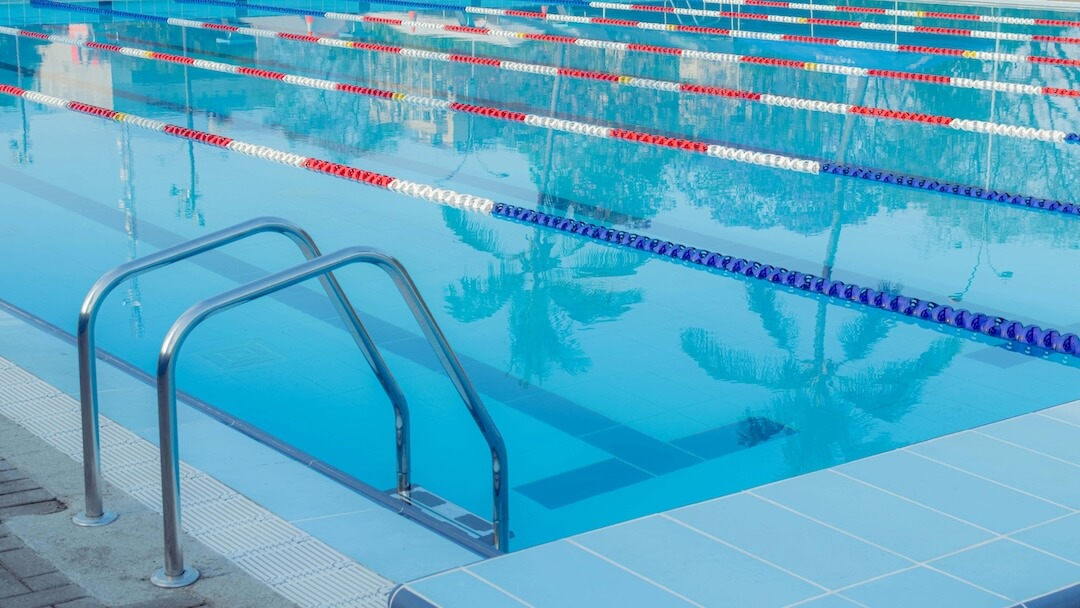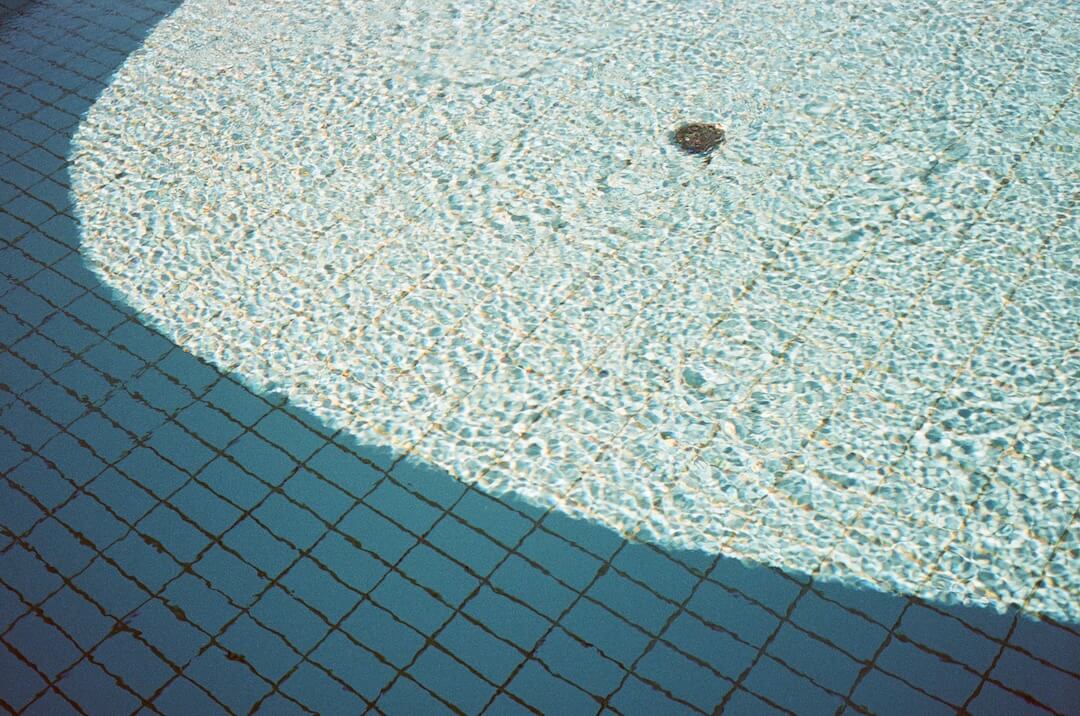How to Clean Pool Tile Calcium Buildup

How to Clean Pool Tile Calcium Buildup
Maintaining a pristine pool in Fort Lauderdale requires more than just regular filtration and chemical balancing; it also involves keeping your pool tiles free from unsightly calcium buildup. Over time, mineral deposits from hard water can accumulate on the surface of your pool tiles, creating a rough, stained, and unattractive appearance that diminishes your pool’s overall aesthetic. Effective removal of calcium buildup not only enhances the visual appeal but also prevents long-term damage to your pool tiles and plumbing.
In this comprehensive guide, we will explore professional techniques, eco-friendly solutions, and preventative tips to help you effectively clean calcium deposits from your pool tiles in Fort Lauderdale. Whether you prefer DIY methods or plan to hire expert services, understanding the causes and proper treatments can save you time, money, and stress, ensuring your pool stays beautiful and functional year-round.
What Causes Calcium Buildup on Pool Tiles?
Before diving into cleaning methods, it’s important to understand what leads to calcium deposits in your pool. Calcium buildup, also known as scale, occurs primarily because of high calcium hardness levels in your pool water. In Fort Lauderdale’s climate, the combination of warm temperatures and mineral-rich water accelerates the formation of calcium deposits.
When the water evaporates, it leaves behind mineral residues that settle on the pool tiles, forming a crusty, chalky layer. Hard water with elevated calcium levels is common in many parts of Florida, making regular maintenance essential to prevent scale accumulation. Factors such as improper pH balancing, high alkalinity, and inadequate filtration can exacerbate calcium buildup, making timely cleaning and water chemistry management vital.
How to Identify Calcium Buildup on Pool Tiles
Recognizing calcium deposits is straightforward. Look for:
- White, chalky, or powdery residue on the surface of the tiles
- Rough or gritty texture when touching the tiles
- Stains or cloudy spots that resist typical cleaning
- Reduced water flow around the affected area due to scale buildup
In Fort Lauderdale, where pool owners often encounter mineral-rich water, regular inspection is key to catching calcium deposits early before they become stubborn or cause tile damage.
How to Clean Pool Tile Calcium Buildup
Effective removal of calcium buildup involves a combination of proper cleaning techniques, appropriate cleaning agents, and preventative strategies. Whether you opt for DIY solutions or hire professional services in Fort Lauderdale, understanding each step ensures optimal results.
DIY Methods for Calcium Removal
For minor calcium deposits, a straightforward DIY approach can be sufficient:
1. Use a Calcium Scale Remover Detergent
Purchase a commercial calcium scale remover specifically designed for pool tiles, available at Fort Lauderdale pool supply stores. Always follow the manufacturer’s instructions carefully. Typically, you’ll:
- Turn off the pool pump and ensure the water circulation is minimal.
- Apply the remover directly onto the affected tiles.
- Use a soft-bristled brush or sponge to scrub the deposits gently.
- Rinse thoroughly with clean water to remove any chemical residue.
2. Vinegar and Pumice Stone Technique
For light calcium stains, a natural and eco-friendly option involves:
- Mixing equal parts white vinegar and water in a spray bottle.
- Spraying the solution generously onto the calcium deposits.
- Let it sit for 5-10 minutes to loosen the scale.
- Gently scrubbing with a pumice stone or a soft brush to remove the deposits.
- Rinsing with clean water afterward.
This method is particularly popular among Fort Lauderdale homeowners seeking environmentally friendly cleaning options, as vinegar is safe, effective, and readily available.
3. Baking Soda Paste
Another natural cleaning solution involves making a baking soda paste:
- Mix baking soda with a small amount of water to form a thick paste.
- Apply the paste onto calcium-stained areas.
- Use a soft cloth or brush to scrub gently.
- Rinse with water and check results.
This method is gentle yet effective for light deposits and safe for most types of pool tiles.
When to Call Professional Pool Tile Cleaning Services
If calcium buildup is extensive, deeply ingrained, or resistant to DIY methods, it’s advisable to hire professional pool cleaners in Fort Lauderdale. Our experts have specialized tools, eco-friendly chemical solutions, and extensive experience in tackling stubborn scale without damaging delicate tiles.
Professional services can also assess your water chemistry and recommend corrective actions, such as adjusting pH and alkalinity levels, to prevent future buildup. Regular professional cleaning can extend the lifespan of your pool tiles, improve water clarity, and reduce long-term maintenance costs.
Preventing Calcium Buildup in Your Fort Lauderdale Pool
Prevention is always better than cure. Here are practical tips to minimize calcium deposits:
- Monitor and Adjust Water Chemistry Regularly: Keep your pH levels between 7.4 and 7.6, alkalinity around 80-120 ppm, and calcium hardness within the recommended range. Fort Lauderdale pool owners should frequently test their water using quality test kits.
- Use a Pool Water Conditioner: Consider adding a water conditioner formulated to prevent scale formation, especially during hotter months when evaporation rates are high.
- Maintain Proper Filtration and Circulation: Ensure your pool’s filtration system is functioning optimally to reduce mineral concentration.
- Install a Pool Water Softener or Reverse Osmosis System: In areas with extremely hard water, these systems can significantly reduce mineral levels before they enter the pool.
- Regularly Clean and Inspect Tiles: Routine brushing and visual checks prevent small deposits from becoming large-scale problems.
Eco-Friendly and Safe Pool Tile Cleaning Tips in Fort Lauderdale
Environmental safety is a priority for many pool owners in Fort Lauderdale. When cleaning calcium buildup:
- Opt for natural solutions like vinegar, baking soda, or non-toxic commercial products.
- Avoid harsh acidic cleaners that can damage tiles or harm the environment.
- Use eco-friendly brushes and tools to reduce chemical runoff into local waterways.
- Consider hiring licensed, eco-conscious pool professionals who prioritize sustainable practices.
Why Regular Maintenance Matters
In Fort Lauderdale’s unique climate, regular pool maintenance is essential to control mineral levels and prevent calcium buildup. Consistent water testing, timely adjustments of chemicals, and routine cleaning ensure your pool remains inviting and safe for family and friends.
In conclusion, tackling calcium buildup on your pool tiles in Fort Lauderdale involves understanding its causes, employing effective cleaning strategies, and implementing preventive measures. Whether you prefer DIY methods or professional assistance, maintaining a calcium-free pool enhances your outdoor living experience, boosts your property’s value, and prolongs the lifespan of your pool tiles. Keep your pool sparkling clean with expert help and proactive care—your backyard oasis deserves it. Contact our local Fort Lauderdale pool maintenance specialists today to keep your pool in pristine condition all year round.



